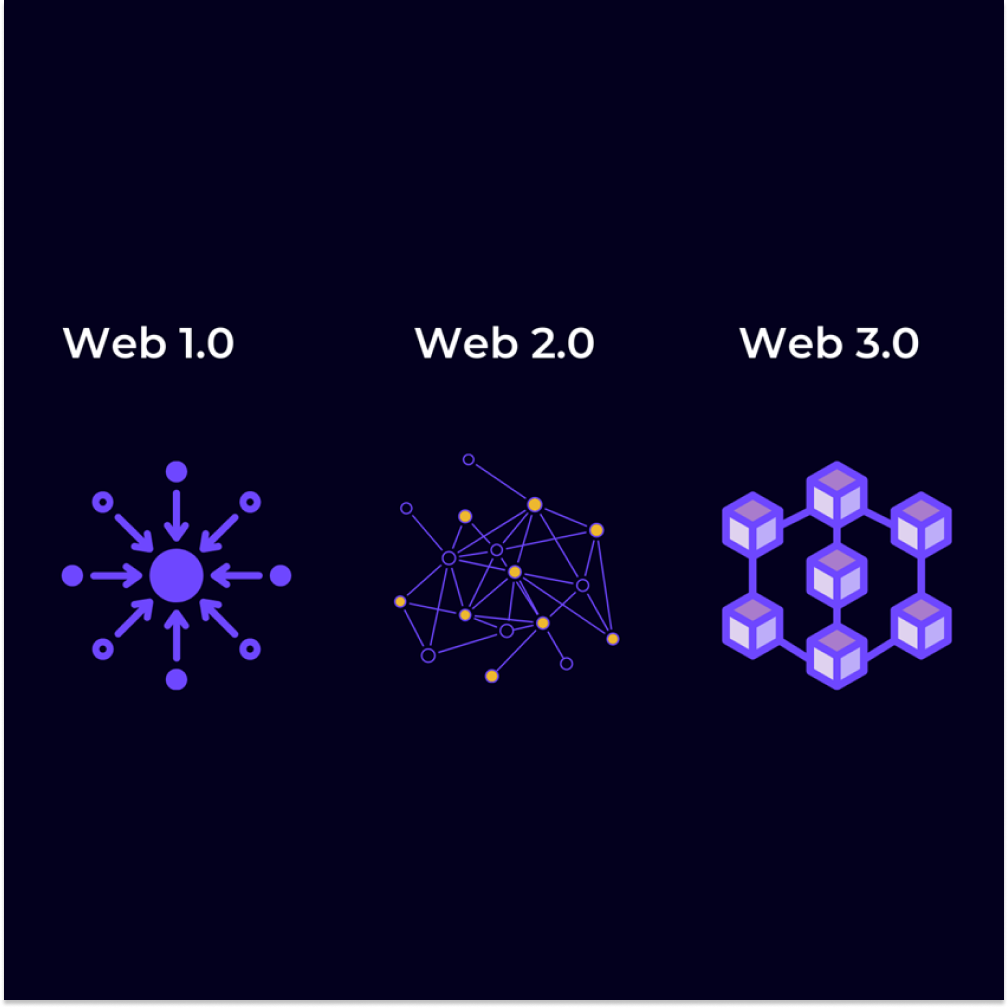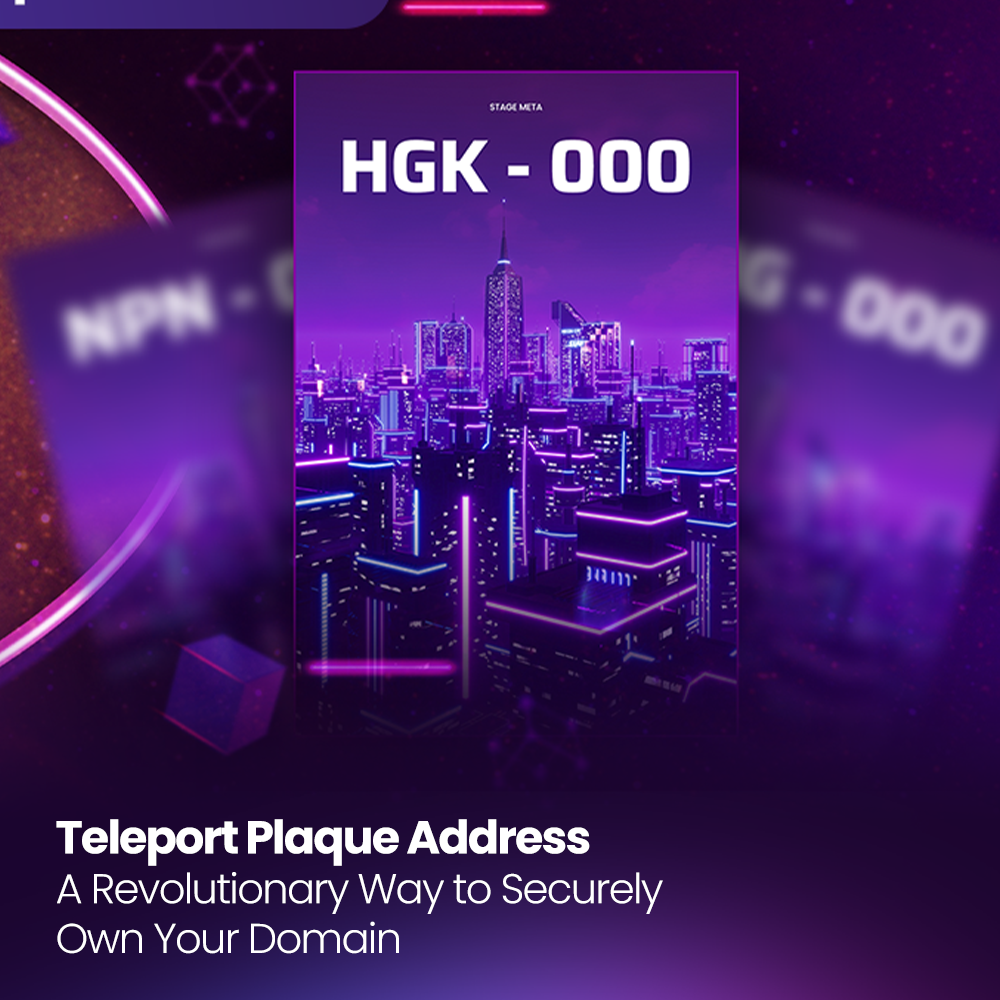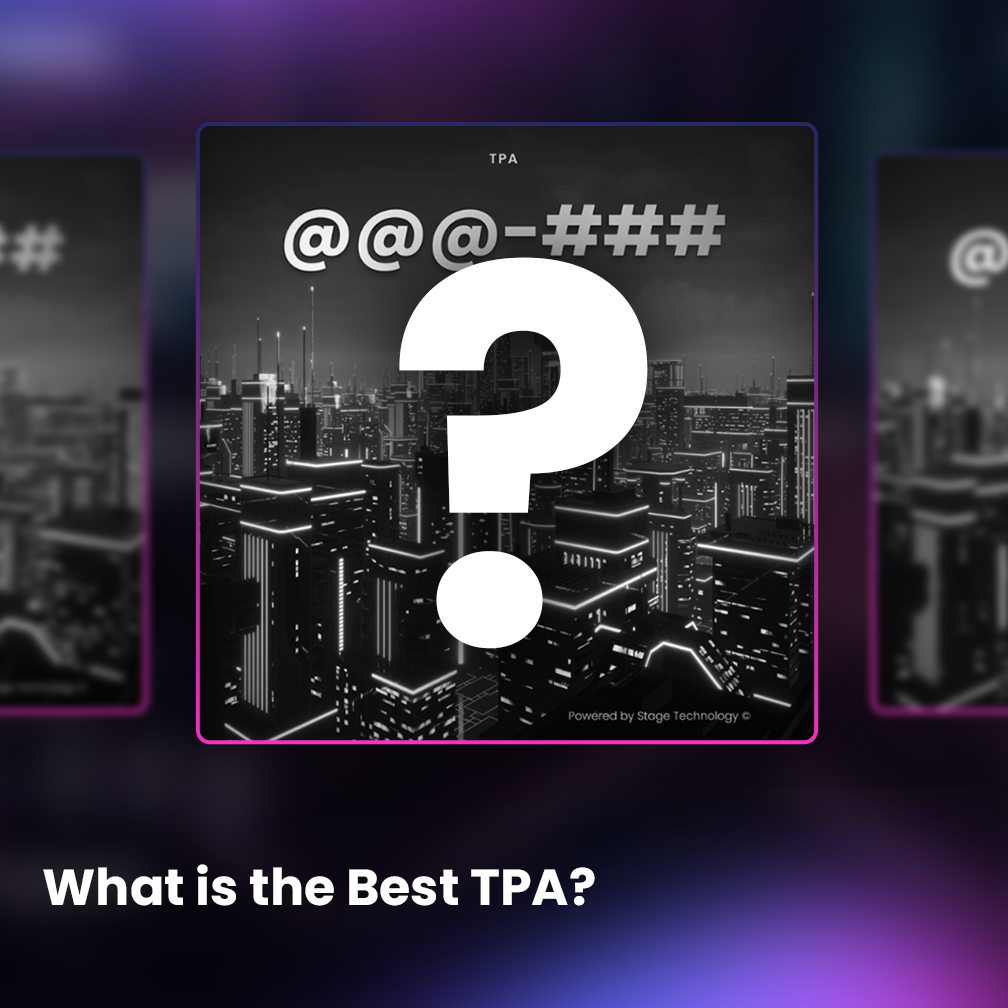
Estimated reading time: 7 minutes
Chances are, you’ve come across the term “Web3” even if you’re not familiar with the blockchain industry. The mainstream media has been using the term more frequently, bringing it into the average person’s vocabulary. However, despite the increased attention, not everyone understands what Web3 means. The internet has come a long way since its inception, and as we move towards a more digitally connected world, the importance of Web3 technologies is becoming increasingly apparent. In this article, we will explore the importance of Web3 for the future of the internet and how it can help shape a more secure, transparent, and equitable digital world.
What is Web3?
Web3, a term coined by Ethereum co-founder Gavin Wood, represents the next evolution of the internet, which aims to empower users by leveraging blockchain and cryptocurrency technology.
Unlike Web1, which was a read-only internet, and Web2, which is a read-write internet where users can interact and contribute, Web3 is a read-write-own internet, where users have ownership over their data and digital identity.

This new paradigm shift is possible due to the linking of data from multiple sources, enabling new and exciting ways to use the internet.
There is a belief that the upcoming version of the internet will manifest in various forms such as play-to-earn video games, token platforms, decentralized social networks, and DeFi platforms. With the help of advanced technology and innovative solutions, the importance of Web3 lies within the speculated fact that Web3 could revolutionize the existing internet and give rise to a novel digital economy that is devoid of intermediaries.
What are the core ideas of Web3?
While it may be difficult to provide a precise definition for Web3, its fundamental concepts and protocols provide an understanding of its essence. The following are the core principles that form the foundation of Web3:
- Decentralization: The ownership of Web3 is distributed among its builders and users, making it decentralized and avoiding control by centralized entities.
- Permissionlessness: Web3 allows for equal access for all participants, making it a permissionless platform that excludes no one.
- Native payments: Web3 utilizes cryptocurrency for online transactions, replacing the need for traditional banking and payment infrastructure with native payments.
- Trustlessness: Web3 operates through incentives and economic mechanisms instead of trusting third-party intermediaries, making it a trustless platform.
What is the importance of Web3 for the internet?

While some argue that the enthusiasm surrounding Web3 is simply a result of marketing tactics and FOMO (fear of missing out), this perspective fails to capture the full picture. The growing interest in the decentralized web is also being driven by the vast amount of talent, capital, and energy being invested in blockchain and cryptocurrency startups.
Refined ownership on Web3
Web3 technology provides unprecedented ownership over digital assets. For instance, in a web2 game, if you acquire an in-game item, it is linked to your account. However, if the game creators terminate your account, you will lose these items.
In contrast, Web3 facilitates direct ownership through non-fungible tokens. This means that no one, including the game developers, can revoke your ownership. If you decide to discontinue playing, you have the option to vend or barter your in-game items on open markets and reclaim their value.
Web3 is resistant to censorship
Another feature that accentuates the importance of Web3 is its resistance to censorship.
Web3 is characterized by empowering internet users, which sets it apart from Web1 and Web2. In the previous iterations of the internet, companies often censored and monitored user actions and data. Conversely, with Web3’s blockchain technology, users have greater control over their data and can choose to remove it from the blockchain and relocate it to a platform that aligns with their personal values. This is a prime example of how Web3 is utilized.
Seamless identity on Web3
In Web2, users are required to create separate accounts for each platform they use, such as Twitter, YouTube, and Reddit. If you want to modify your display name or profile picture, you must make changes across every account individually.
While social sign-ins may be available in some cases, this approach raises censorship concerns. With a single click, these platforms can bar you from accessing your entire online existence. Furthermore, many platforms necessitate entrusting personally identifiable information to create an account.
Web3 addresses these issues via the use of an Ethereum address and ENS profile, which enables users to control their digital identity. By employing an Ethereum address, users can access multiple platforms with a single, secure, anonymous login that is resistant to censorship.
Web3 native payments
The importance of Web3 lies within the financial realm as well. Native payments on Web3 refer to the ability to transact directly with digital assets on decentralized platforms using cryptocurrency.
Unlike traditional payment methods that require intermediaries such as banks, native payments enable users to transfer value peer-to-peer without the need for third-party involvement or processing fees.
This level of direct interaction is made possible by blockchain technology, which underpins Web3 platforms and provides a transparent, secure, and decentralized system for executing transactions.
By facilitating native payments, Web3 opens up new possibilities for online commerce and enables greater financial autonomy for individuals and businesses.
The concept of TPA domain names on Web3

The Teleport Plaque Address (TPA) acts as a unique identifier that locates and provides access to virtual worlds within decentralized networks known as Spatial Computing. Unlike a URL or web address, which directs users to a webpage, TPA assigns a particular location within a virtual world with a distinct code. To discover, purchase, and use TPA, interested parties can visit the Stage Meta website.
As a Web3 routing protocol, TPA is comprised of a six-character code consisting of three letters and three numbers and functions as a Smart Contract on the Ethereum blockchain. Businesses can utilize TPA to establish their presence in Spatial Computing, directing traffic to their Meta Store.
This technology offers unprecedented opportunities for individuals to engage with others in an exciting virtual environment. Furthermore, developers can create and deploy decentralized applications using TPA on top of the Spatial blockchain, fundamentally changing how people interact with the virtual world.
As Web3 technology continues to evolve, users can expect more secure and privacy-oriented domain ownership models like TPA, enabling them to take charge of their domains and improve their web experience. TPA domain names are leading the way towards a better internet by introducing an innovative approach to domain ownership.
The importance of Web3 – summary
To summarize, Web3 technology represents a significant shift from traditional web frameworks to more decentralized and user-centric models.
The emergence of blockchain technology has enabled Web3 to offer greater security, privacy, and control over data to users. By leveraging distributed ledger technology, Web3 has the potential to revolutionize various industries, including finance, healthcare, and e-commerce.
Furthermore, Web3 provides new avenues for creativity and innovation, enabling developers to build decentralized applications and Spatial platforms that foster new forms of social interaction and value creation.
As Web3 continues to mature, users can anticipate further advancements in areas such as identity management, decentralized governance, and interoperability, creating an even more vibrant and dynamic web environment.
In sum, the importance of Web3 lies in its ability to empower individuals, create new value, and drive positive change across diverse sectors of society.








